
HSE Experts Determine Who Should Be Liable for AI Actions
According to experts of the Digital Environment Law Institute of HSE University, Artificial Intelligence (AI) may soon become a participant of the legal decision-making process, and the AI system will be entrusted with authority. Therefore, the issue of liability for ‘automated decision making’ should be addressed. HSE experts presented a special report that evaluates whether AI designers should be liable for the automated systems they create and what actions the government can take to develop AI investment projects.

Make the Most of the Sun
Professor Alexey Tameev of HSE MIEM, along with a team of colleagues, has proposed a calculation method to determine the optimal photoactive layer thickness which can maximize the power conversion efficiency of solar cells. Applicable for both polymer andperovskite solar cells, the method can become a milestone on the path from laboratory samples to solar cells made from new generation materials. The results of the research are covered in ‘A common optical approach to thickness optimization in polymer and perovskite solar cells’, an article published in Scientific Reports.
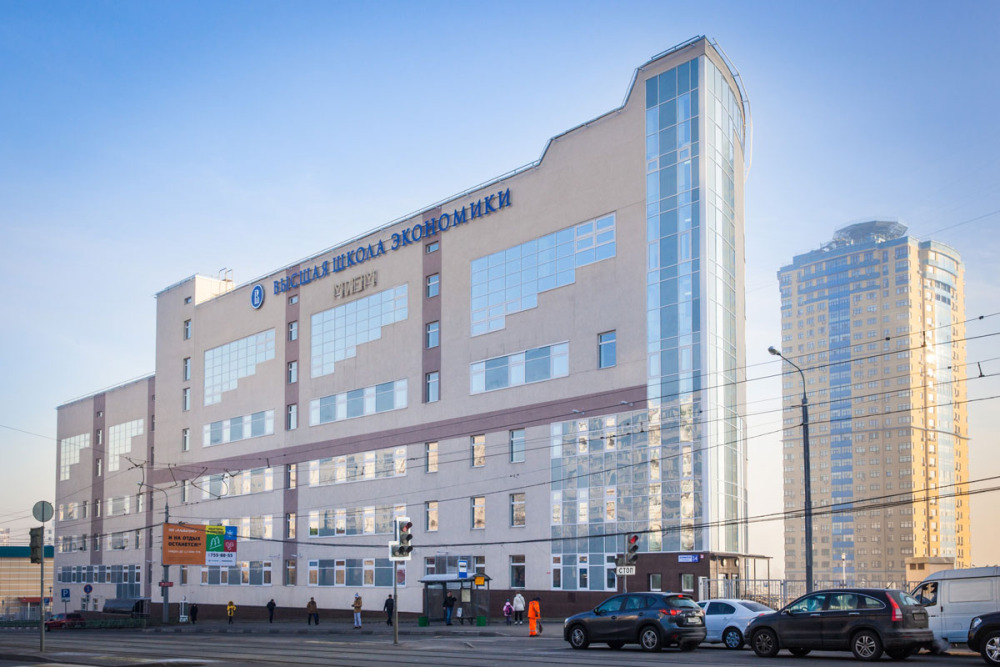
Graphene Drum: Researchers Develop New Phonon Laser Design
Professor Konstantin Arutyunov of the HSE Tikhonov Moscow Institute of Electronics and Mathematics (MIEM HSE), together with Chinese researchers, has developed a graphene-based mechanical resonator, in which coherent emission of sound energy quanta, or phonons, has been induced. Such devices, called phonon lasers, have wide potential for application in information processing, as well as classical and quantum sensing of materials. The study is published in the journal Optics express.
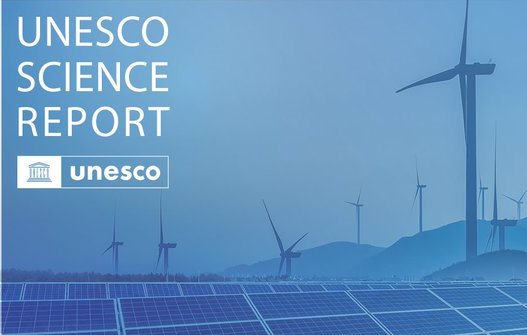
HSE University Researchers Co-Author 2021 UNESCO Science Report
On Friday, June 11, UNESCO held a ceremony to launch its new UNESCO Science Report, which arrives at a crucial moment as countries reach the halfway mark of meeting the UN’s Sustainable Development Goals by 2030. The Report shows that, over the past five years, countries of all income levels have begun efforts to transition to economies that are both digital and green. At the ceremony, six of the Report’s authors provided overviews of trends in their regions. Representing the East European region was Professor Leonid Gokhberg, First Vice Rector of the HSE University and Director of the HSE Institute for Statistical Studies and Economics of Knowledge (ISSEK).
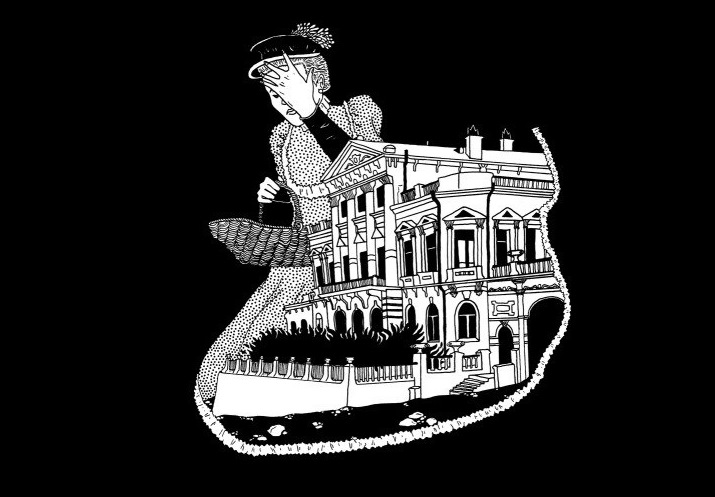
History According to Chornobog: HSE Perm Student Creates an Unusual Educational Project
‘Another City: Mystical Stories of Perm’ — this is the title of a work by Nikita Matkin, a first-year student in the Master's programme ‘Digital Humanities’. It received an honourable mention in the Best Russian-Language Scientific and Popular Science Works Competition for HSE University employees in the ‘History of Art’ track. Nikita spoke with the News Service about the idea for the project, his studies at HSE University, and his love for his hometown.

Cutting Edge Neuroscience Research to Be Discussed during Online Conference at HSE University
The first International Conference on Social Neurology in Environmentally Sound Conditions, organized by the International Laboratory of Social Neurobiology of the Institute of Cognitive Neurosciences and Aalto University will be held online on June 21-23, 2021. The HSE News Service spoke with conference organisers and some of the key speakers in the run-up to the conference about its agenda and some research highlights.
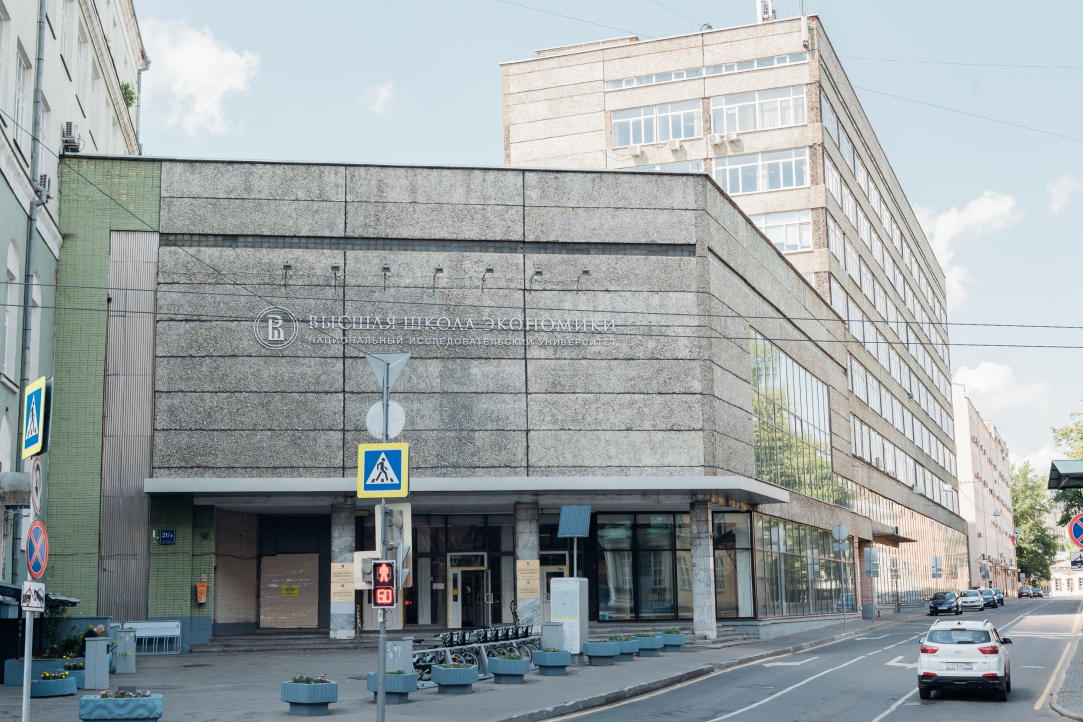
Reformatting Research Activity: First Large-Scale Projects Launched at HSE University
Less than a year ago, the Faculty of Humanities at HSE University launched four large-scale projects, bringing together representatives of different disciplines from different departments and campuses of the University. Their goals, content, staffing and expected results were presented at a meeting of the Rector’s Council. Other departments have been tasked with developing their own large-scale projects, which HSE University will be able to include in its application for the ‘Priority 2030’ programme.

Life with COVID: ‘The Beast Is Dangerous and Needs to Be Watched’
Researchers have yet to evaluate the entire impact of COVID on mortality. However, it is now possible to discuss the first results of some initial studies. The HSE International Laboratory for Population and Health held a webinar ‘The First Year of the COVID-19 Pandemic in Russia (April 2020—March 2021)’. Although the Russian total mortality rate increased during that period, it was Slovakia, Bulgaria, the Czech Republic, and Poland that topped the list. The lowest growth in the mortality rate was observed in South Korea. Meanwhile, researchers have failed to detect a lockdown-induced baby boom anywhere in the world.
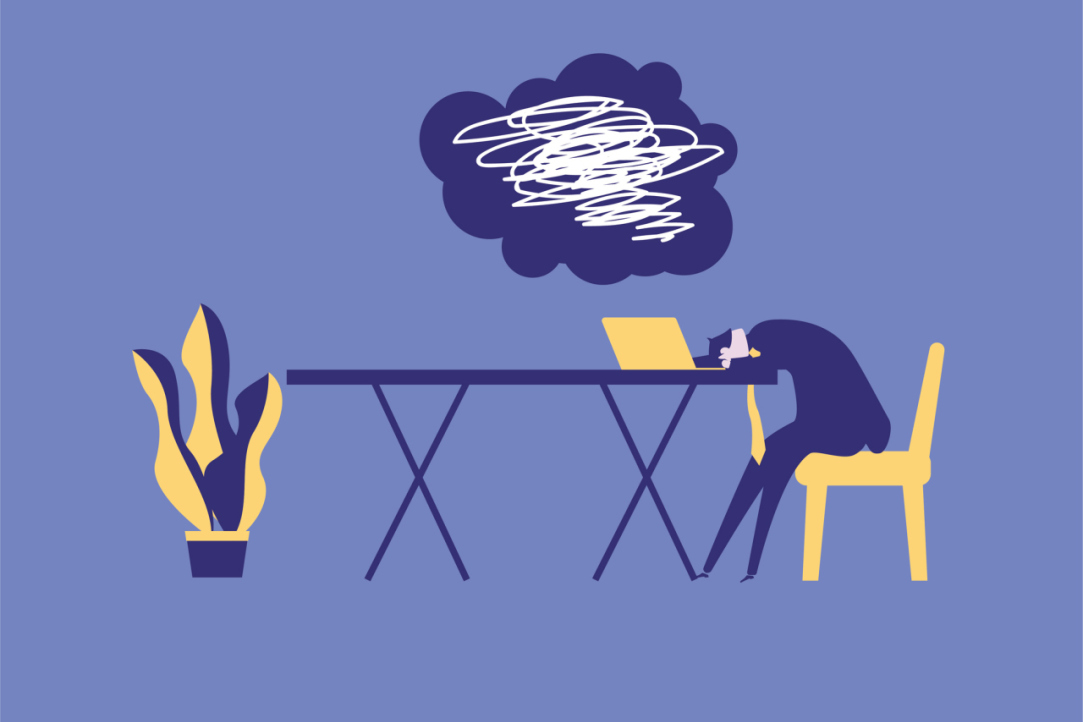
‘The Traps in Our Way’: Experts Discuss Job Market and Human Capital in Russia
What fields employees can hope to get high salaries in? What is the return on higher education? How is life expectancy related to retirement age? These and some other issues were discussed by experts at the First Conference ‘Labour Market: Demographic Challenges and Human Capital’ organized by the HSE Human Capital Multidisciplinary Research Centre.
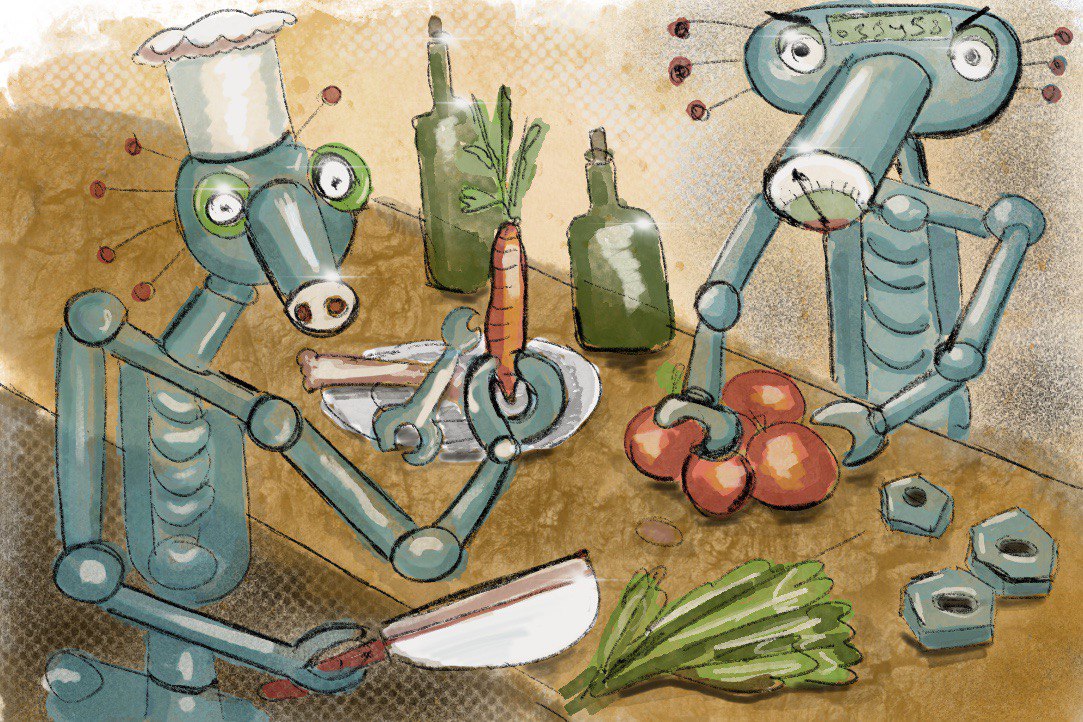
Digital Transformation: How Technologies Transform the Economy and the Social Sphere
The dazzling evolution of digital technologies is changing the face of the economy and the social sphere. Some Russian sectors — such as the manufacturing industry and financial services — are well-aligned with the global trend, while some others are lagging behind, thereby creating risks for the country's economy. A team of HSE ISSEK researchers examined current approaches to measuring digital transformation and focused specifically on its uptake by a few key sectors of the Russian economy and services, benchmarking them against the global situation. The study findings were presented in the report 'Digital Transformation of Industries: Starting Conditions and Priorities' at the XXII April International Academic Conference co-organised by HSE University and Sberbank.

